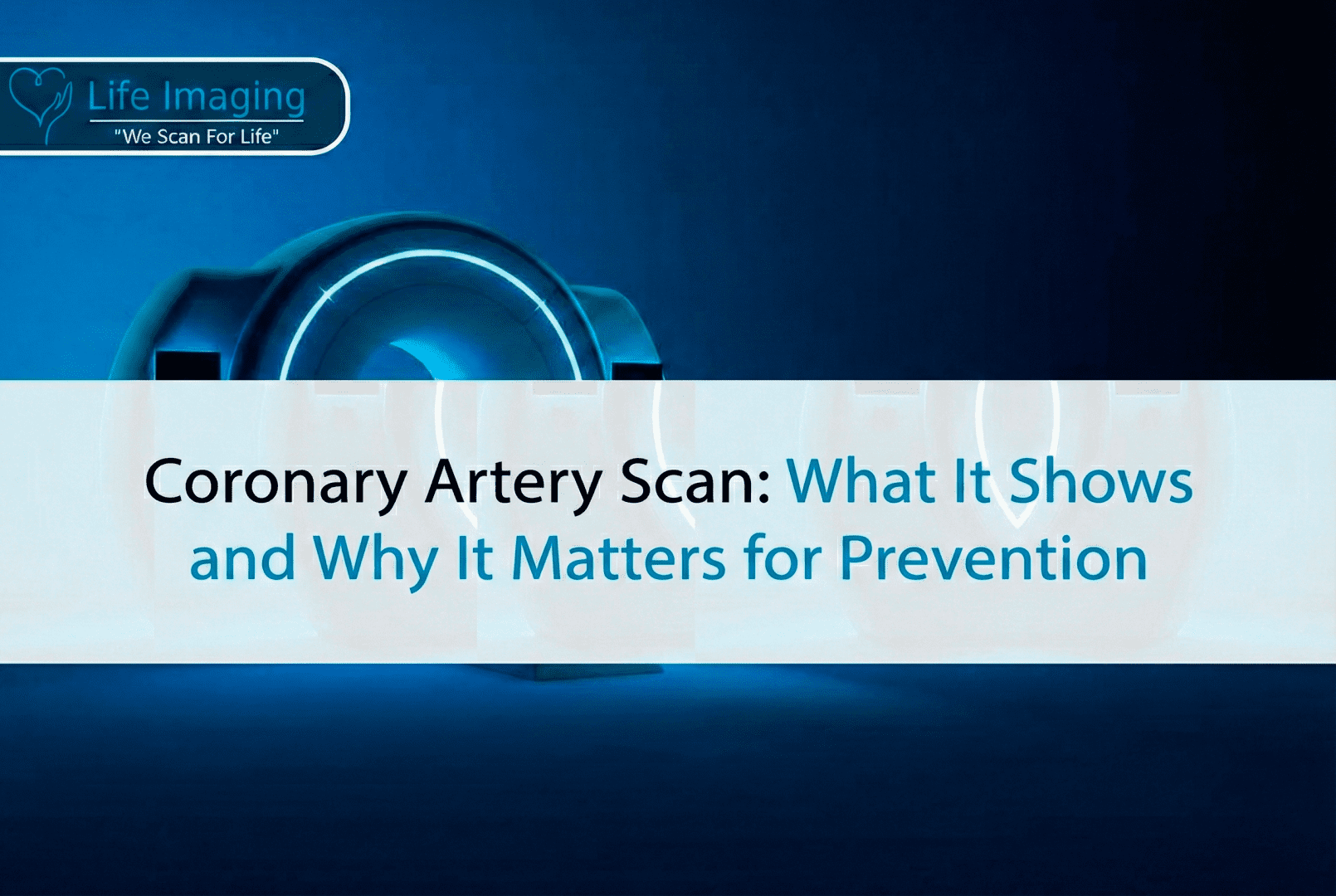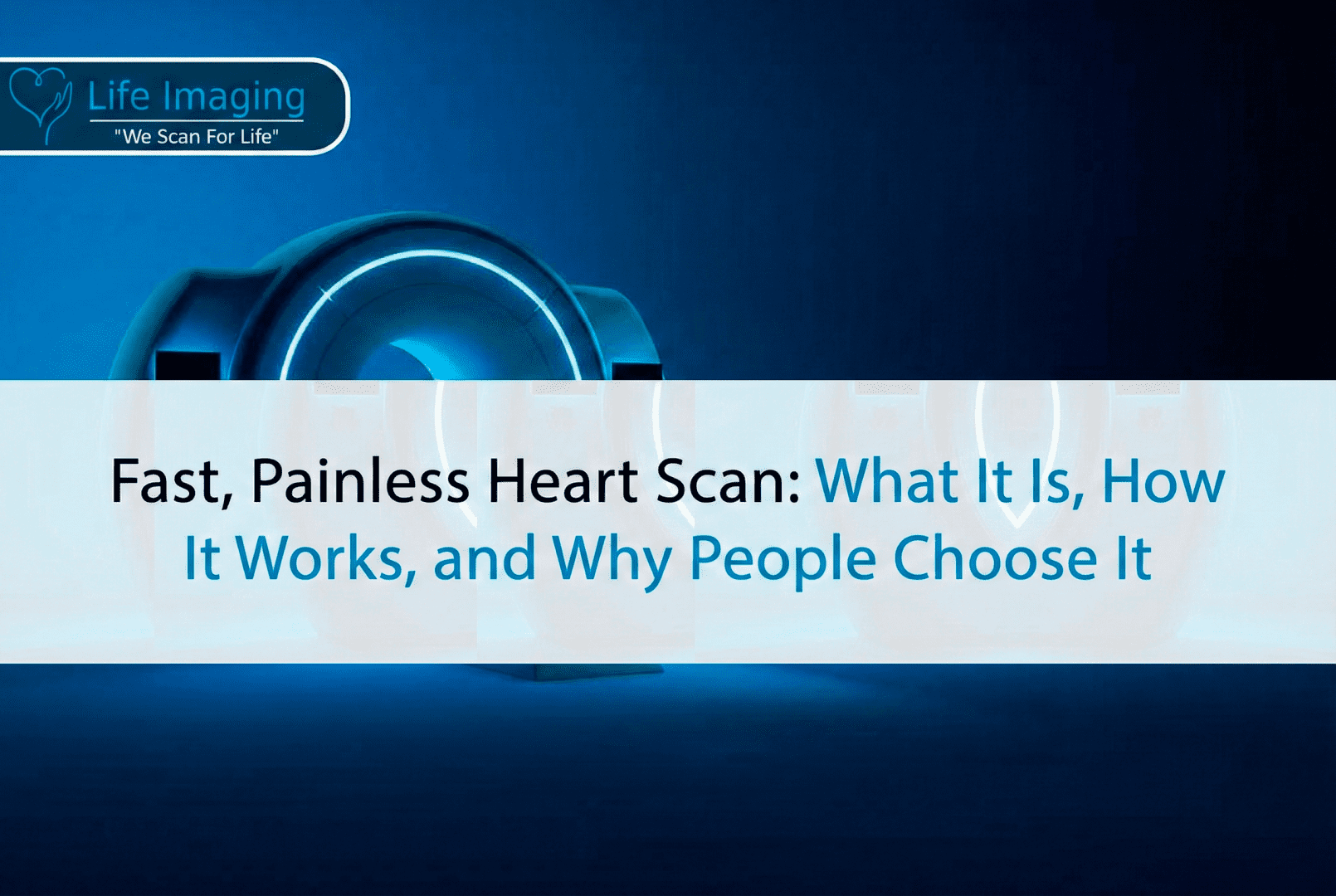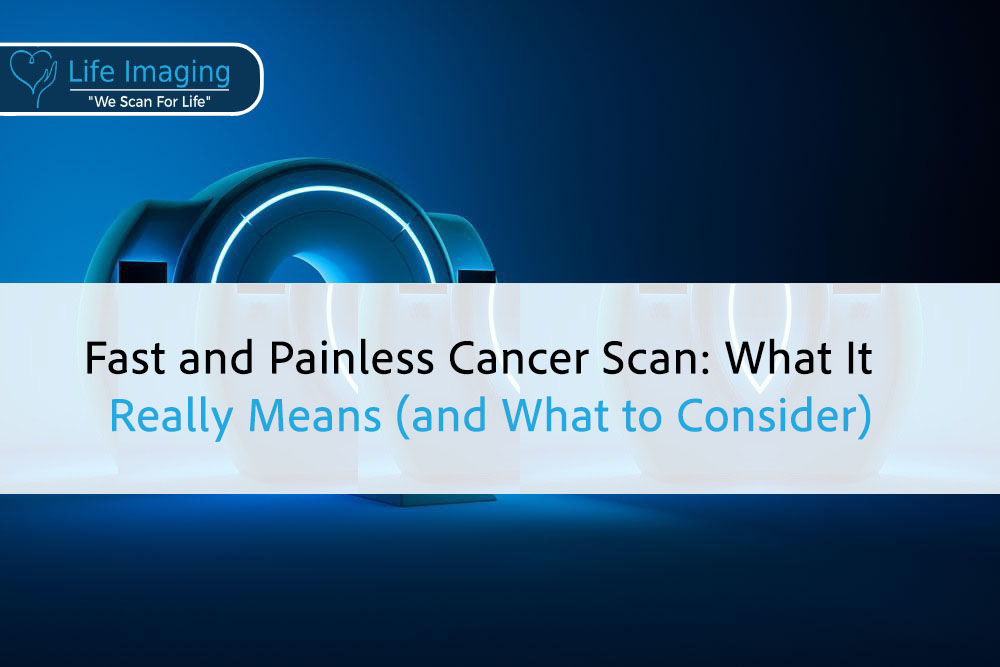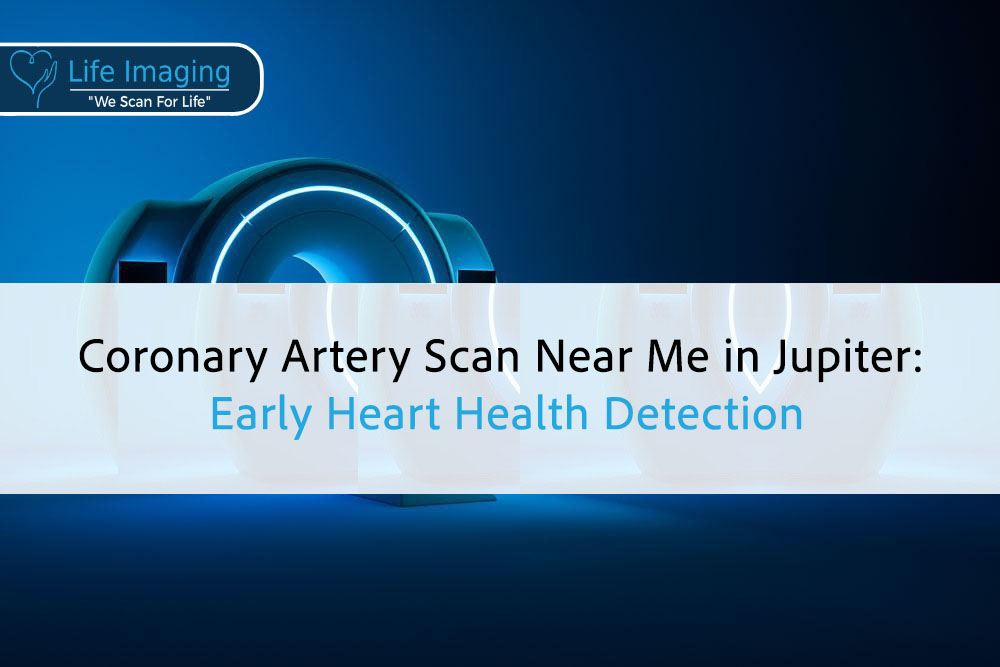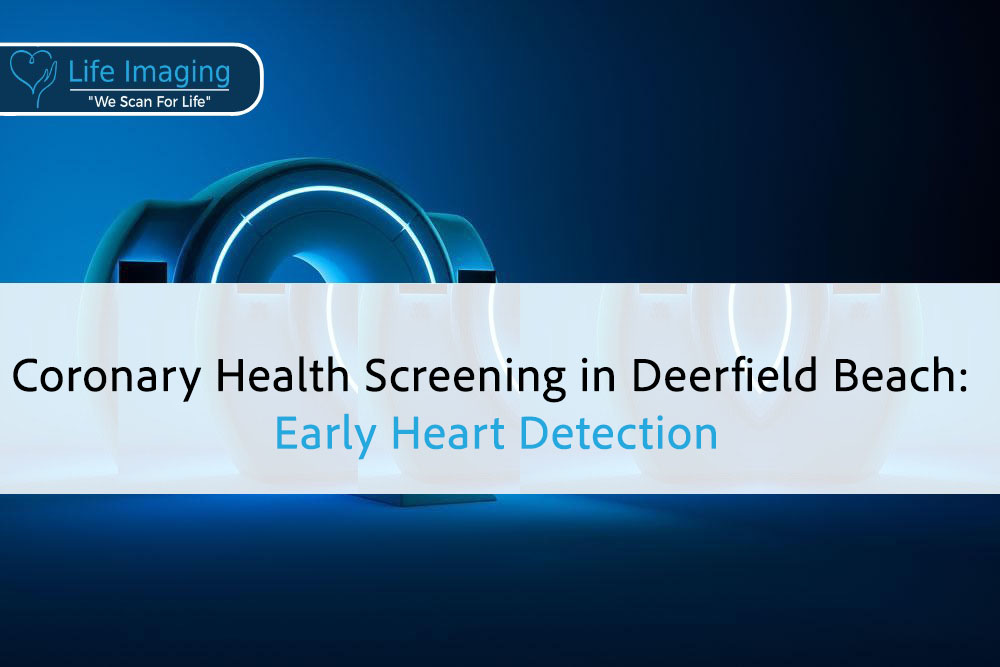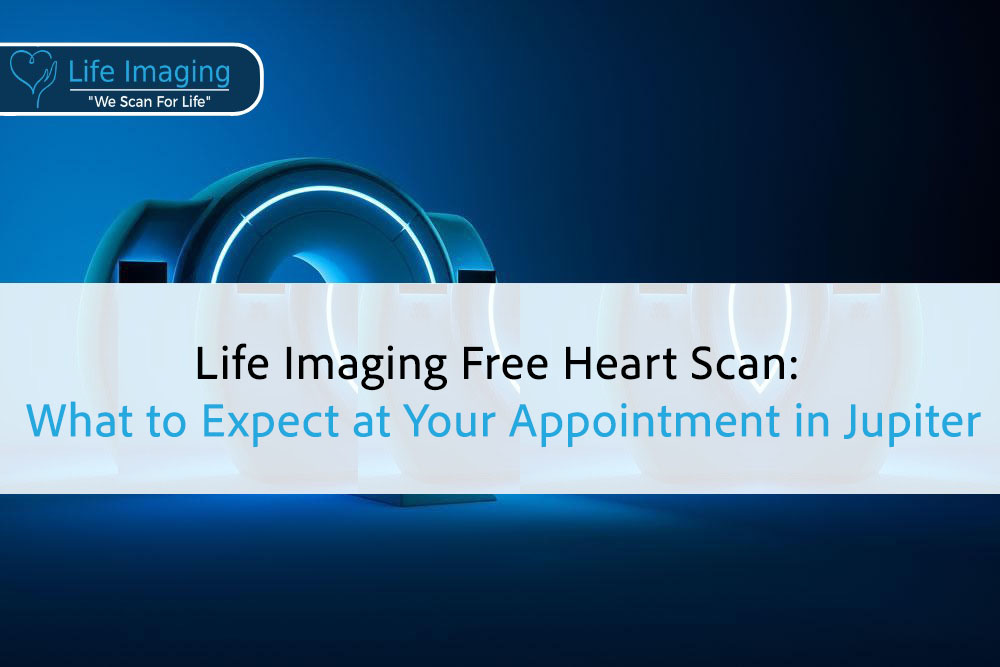Chronic Obstructive Pulmonary Disease, or COPD, is a long-term lung disease that makes it hard to breathe. It includes conditions like emphysema and chronic bronchitis. COPD usually worsens over time and can seriously impact daily life. It’s important to understand what COPD is and how it affects your body.
One of the tricky things about COPD is that it often develops slowly. Many people do not notice symptoms until significant lung damage has occurred. The most common signs include shortness of breath, a persistent cough, and frequent respiratory infections. Recognizing these symptoms early is crucial for managing the disease effectively.
Early detection can make a big difference in managing COPD. If caught early, you have more treatment options and a better chance of slowing the disease’s progression. Advanced pulmonary imaging, like low dose CT scans, can help doctors spot COPD before it becomes severe.
Let’sl dive deeper into how these advanced techniques work and why they are essential for early detection and effective treatment.
Understanding COPD: What It Is and How It Affects You
Chronic Obstructive Pulmonary Disease (COPD) is a group of lung conditions that make it hard to empty air out of the lungs because the airways have become narrowed. Two main types of COPD are emphysema and chronic bronchitis. In emphysema, the air sacs in the lungs are damaged, leading to shortness of breath. In chronic bronchitis, the bronchial tubes become inflamed and produce a lot of mucus.
COPD affects your ability to breathe and perform everyday tasks. Over time, it can also lead to other serious health problems like heart disease and respiratory infections. People with COPD often feel tired and may have difficulty eating, which can lead to weight loss.
Living with COPD means that simple activities like walking, dressing, or even talking can become challenging. Understanding the disease is the first step in managing it effectively, allowing for better treatment and improved quality of life.
Common Symptoms of COPD
Knowing the symptoms of COPD can help you catch the disease early. Here are some signs to watch out for:
- Persistent Cough: A long-lasting cough that doesn’t go away and often brings up mucus.
- Shortness of Breath: Trouble breathing, especially during physical activities like walking or climbing stairs.
- Frequent Respiratory Infections: Getting colds, flu, or other infections more often than usual.
- Wheezing: A whistling sound when you breathe.
- Fatigue: Feeling tired all the time, even if you haven’t done much.
- Chest Tightness: A feeling that your chest is heavy or tight.
- Weight Loss: Losing weight without trying, which is often a sign of severe COPD.
If you notice any of these symptoms, it’s important to talk to your doctor. Early recognition of symptoms can lead to quicker diagnosis and treatment, improving your chances of managing the disease effectively.
Risk Factors for Developing COPD
Certain factors can increase your risk of developing COPD. Some of these risk factors include:
- Smoking: The most common cause of COPD. Long-term cigarette smoking is the leading risk factor for developing this disease.
- Air Pollution: Exposure to dust, fumes, and chemicals, especially in work environments, can increase your risk.
- Genetics: A rare genetic condition called alpha-1 antitrypsin deficiency can cause COPD.
- Age: Most people with COPD are 40 years old or older.
- Asthma: If you have a history of asthma, your risk of developing COPD is higher.
- Secondhand Smoke: Being around someone who smokes can increase your risk of getting COPD.
By understanding these risk factors, you can take steps to reduce your chances of developing COPD, such as quitting smoking and avoiding polluted areas.
The Importance of Early Detection in COPD
Catching COPD early can make a huge difference in how well you can manage the disease. Early detection allows for:
- More Treatment Options: If caught early, there are more ways to treat and manage COPD, which can slow the disease’s progress.
- Better Quality of Life: Early treatment can help you stay active and maintain your daily activities, making living with COPD easier.
- Preventing Complications: Early detection and treatment can help avoid serious problems like respiratory infections and heart disease.
- Lower Healthcare Costs: Treating COPD early can reduce the need for expensive treatments and hospital visits later on.
Regular check-ups and being aware of the symptoms can help you catch COPD early. Talking to your doctor about any breathing problems can help get you the care you need sooner, improving your overall outcome.
Basic Diagnostic Methods for COPD
Diagnosing COPD typically starts with a visit to your doctor. Several basic diagnostic methods can help identify COPD, including:
- Medical History: Your doctor will ask about your symptoms, smoking history, and exposure to lung irritants. They may also inquire about any family history of respiratory diseases.
- Physical Examination: During a physical exam, your doctor will listen to your lungs with a stethoscope. They will check for signs of COPD, such as wheezing and decreased breath sounds.
- Spirometry: This is a simple and non-invasive test that measures how much air you can breathe out and how quickly you can do it. It’s the most common test used to diagnose COPD.
- Chest X-Ray: While not as detailed as other imaging techniques, a chest X-ray can show signs of COPD, such as enlarged lungs and visible air spaces.
- Blood Gas Analysis: This test measures the levels of oxygen and carbon dioxide in your blood, which can help assess how well your lungs are functioning.
These basic methods give doctors a good starting point for diagnosing COPD, allowing for further investigation if necessary.
Advanced Imaging Techniques for COPD Detection
Advanced imaging techniques can provide a clearer picture of lung damage and help in early detection. Here are some commonly used imaging methods:
- High-Resolution Computed Tomography (HRCT): This type of CT scan gives very detailed images of the lungs. It helps identify areas of emphysema and assess the severity of lung damage.
- Magnetic Resonance Imaging (MRI): While less common, MRI can be useful for evaluating lung structure and function without using radiation.
- Positron Emission Tomography (PET) Scan: This imaging technique can measure lung metabolism and is often combined with a CT scan for more detailed information.
Advanced imaging techniques provide a more comprehensive view of the lungs than basic methods. They are especially helpful in diagnosing COPD early and planning effective treatment strategies.
How Low Dose CT Scans Help Identify COPD
Low dose CT scans play a crucial role in identifying COPD early. Here’s how they work:
- Detailed Images: Low dose CT scans produce high-resolution images of the lungs, making it easier to detect even small areas of damage.
- Low Radiation Exposure: As the name suggests, this type of CT scan uses a lower dose of radiation, reducing the risks associated with frequent imaging.
- Early Detection: By capturing detailed images, low dose CT scans can identify COPD before significant symptoms develop. Early detection enables timely treatment, which can slow disease progression.
- Monitoring Progress: Regular low dose CT scans can help monitor the effectiveness of treatment and track the progression of COPD over time.
These scans are a valuable tool for diagnosing and managing COPD, providing detailed, timely information with minimal risk.
Benefits of Advanced Pulmonary Imaging
Advanced pulmonary imaging offers several benefits for people at risk of or living with COPD:
- Accurate Diagnosis: These imaging techniques provide detailed images, leading to a more accurate diagnosis of COPD and its severity.
- Early Detection: Advanced imaging can detect COPD in its early stages, often before significant symptoms appear. Early treatment can improve outcomes.
- Personalized Treatment Plans: Detailed imaging helps doctors create more personalized treatment plans based on the specific extent and location of lung damage.
- Improved Monitoring: Regular imaging allows for better monitoring of disease progression and treatment effectiveness, enabling adjustments as needed.
- Enhanced Quality of Life: Early and accurate diagnosis, along with effective monitoring, can lead to better disease management and improved quality of life.
By utilizing advanced pulmonary imaging, doctors can provide better care and more effective treatment plans for COPD, helping patients manage their condition more effectively.
Who Should Consider Advanced Imaging for COPD?
Advanced imaging for COPD is helpful for certain individuals. Knowing who can benefit from these tests helps in making better health decisions.
High-Risk Groups:
- Smokers: Long-term smokers have a high risk of developing COPD. Screening can catch early signs.
- Former Smokers: Even if you’ve quit, the risk of COPD remains due to past smoking. Advanced imaging helps monitor your lung health.
- Occupational Exposure: People exposed to dust, chemicals, or fumes at work are at risk. Advanced imaging can identify occupational lung damage.
- Family History: If COPD runs in your family, you might be more susceptible. Early diagnosis through advanced imaging aids in timely treatment.
Symptoms to Watch:
- Chronic Cough: Persistent cough that lasts for months can indicate COPD.
- Shortness of Breath: Difficulty breathing, especially during physical activity, is a warning sign.
- Frequent Respiratory Infections: Repeated infections like bronchitis or pneumonia can point to COPD.
If you fall into any of these categories, discuss advanced imaging with your doctor to stay proactive about your lung health.
Preparing for a Pulmonary Imaging Test
Getting ready for a pulmonary imaging test is straightforward but essential for accurate results. Here are some steps to help you prepare:
Before the Test:
- Medical History: Write down any medical conditions, past surgeries, and medications you are taking. Share this information with your doctor.
- Follow Instructions: Your doctor might ask you to avoid eating or drinking for a few hours before the test.
- Wear Comfortable Clothing: Wear clothing without metal zippers or buttons, as you might need to change into a hospital gown.
- Avoid Jewelry: Remove any jewelry and metal accessories to prevent interference with the imaging machine.
Day of the Test:
- Arrive on Time: Arrive at least 15 minutes before your appointment. This allows for any paperwork or pre-test procedures.
- Stay Calm: Anxiety can affect your breathing and the test results. Take deep breaths and try to relax.
Preparing properly ensures a smooth process and accurate pulmonary imaging results.
What to Expect During Your Imaging Test
Knowing what to expect during a pulmonary imaging test can ease any anxiety. The procedure is typically quick and painless. Here’s an overview of what happens:
During the Test:
- Positioning: You’ll lie down on a table that slides into the imaging machine. The technician will position you to get the best images of your lungs.
- Breathing Instructions: You might be asked to hold your breath for short periods to get clear images. Follow the technician’s instructions carefully.
- Staying Still: It’s important to remain as still as possible during the scan. Movement can cause blurry images.
Communication:
Technician Support: You’ll be able to talk to the technician through a speaker. They will guide you and answer any questions you have during the scan.
The test usually takes only a few minutes. Afterward, you can usually go back to your normal activities immediately.
Interpreting Your Pulmonary Imaging Results
Understanding your pulmonary imaging results is crucial. It helps you and your doctor decide the best course of action. Here’s how to interpret your results:
Types of Results:
- Normal Results: If nothing abnormal is found, your lungs are healthy. Your doctor might recommend routine screenings in the future.
- Abnormal Results: If something unusual is detected, it doesn’t always mean there’s a serious problem. Additional tests might be needed.
- Further Monitoring: Regular follow-up scans may be needed if there are signs of potential issues but no immediate diagnosis.
Next Steps:
- Discuss with Your Doctor: Your doctor will explain what the results mean and what steps to take next. They might recommend lifestyle changes, medication, or further tests.
- Treatment Plan: If COPD is diagnosed, your doctor will work with you to create a personalized treatment plan. This may include medication, pulmonary rehabilitation, or lifestyle modifications.
Understanding your results helps you take control of your lung health and make informed decisions.
Early Detection, Better Outcomes: COPD Screening Tech
Advanced imaging techniques are vital for detecting and managing COPD early. Whether you are at high risk due to smoking, occupational exposure, or family history, timely screening is vital. Being prepared for your test, knowing what to expect during the procedure, and understanding your results can make the process smoother and more effective.
Early diagnosis through advanced imaging leads to better treatment options and improved quality of life. Staying proactive about pulmonary health is crucial for those at risk of COPD. Booking an imaging test can be the first step towards better lung health.
To prioritize your pulmonary health, schedule your advanced imaging test in Orlando, FL, with Life Imaging Fla today. Taking action now can ensure a healthier tomorrow!
